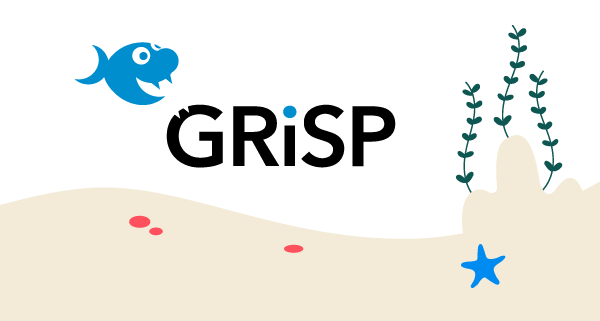TPDE-LLVM: A 10-20x Faster LLVM Back-end

The TPDE project has open-sourced its fast LLVM back-end, TPDE-LLVM, achieving a 10-20x speedup in compilation compared to the LLVM -O0 back-end on SPEC CPU 2017 benchmarks, with similar runtime performance and a 10-30% increase in code size. TPDE-LLVM currently supports x86-64 and AArch64 architectures and incorporates optimizations to LLVM-IR, such as removing constant expressions inside functions and limiting struct/array sizes. Future plans include broader LLVM-IR feature support, DWARF debug info, and improved register allocation.












